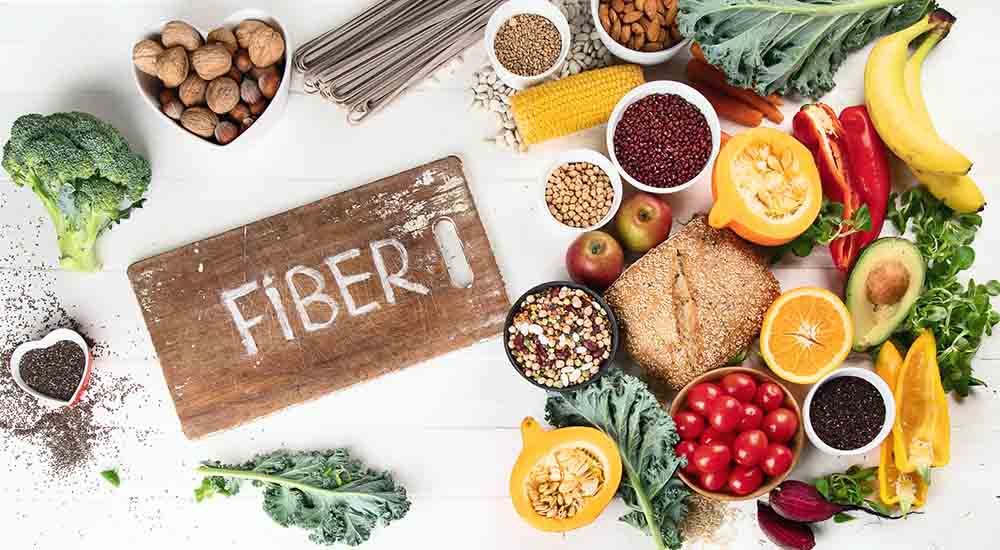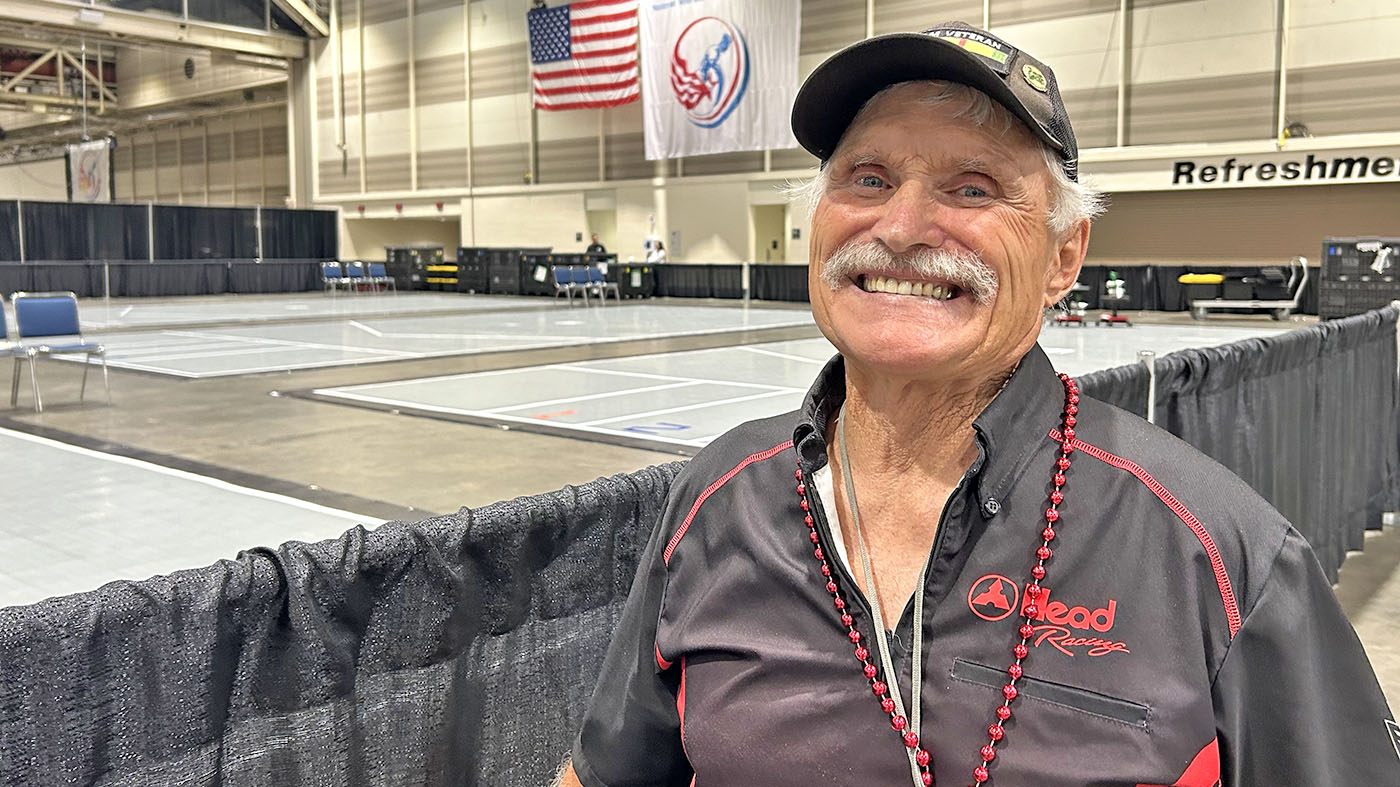Everyone loves superheroes. They save the day with their superpowers and special abilities to fight evil. From Superman to Wonder Woman, we all love to see when good wins. Can food have superpowers? Some foods have been touted as such. A superfood is defined as “a nutrient-rich food considered to be especially beneficial for health and well-being.”
Superfood is a marketing term not commonly used by dietitians since foods can have excellent health qualities but are not “super” by themselves. Certain foods do not have a magic power to make you miraculously healthy, but there are certain nutrient-rich foods. They have the power to aid with weight loss, help lower blood sugar and blood pressure, and help with cholesterol and more.
An internet search on “superfoods” will lead you to several lists. Among these lists, you will find numerous fruits and vegetables, legumes, kale, blueberries, beans and walnuts to name a few. Fiber is one “super” benefit these foods all share.
Research shows that fiber is good for heart and gut health, can reduce risk of diabetes and some cancers, and can aid with weight loss. Fibrous foods are rich in necessary vitamins and minerals our body needs. Fiber also provides satiety, or fullness, which can prevent overeating.
Fruits and non-starchy vegetables are examples of high-fiber foods that are also lower in calories.
Check out Dietary Guidelines
The U.S. Dietary Guidelines recommend women eat at least 25 grams of fiber per day and men to eat at least 36 grams of fiber each day. The most updated 2020-2025 dietary guidelines have a range of fiber intake recommendations based on age. Track your fiber consumption for a day to see where you stand.
If you need to add more (most Americans do), you can add blueberries and walnuts to your oatmeal, add spinach, strawberries or almonds to your salads, or switch up your potatoes at dinner with beans. Navy, black and pinto beans can add 7-9 grams of fiber per serving.
There are so many ways to add fruits and vegetables into your diet.
Start slowly and increase water intake
If you are increasing fiber in your diet, do it slowly. Also, it is important to increase your water intake as you increase fiber. If you add too much fiber and not enough water, you may deal with constipation.
It’s important to steer clear of marketing terms and stay informed and engaged to improve your health. VA dietitians can help with that. They also can help you come up with other ways to add fiber into your diet.
Call your local VA or talk to your provider about making an appointment with a VA registered dietitian today.
Topics in this story
More Stories
One strategy credited for the improvement is a focus on building trust and stronger patient-provider relationships.
Army and Marine Corps Veteran started making models after being hospitalized at Connecticut VA.
Veteran Hank Ebert is a bit of a superstar in the National Veterans Wheelchair Games. He has been attending since 1993.







